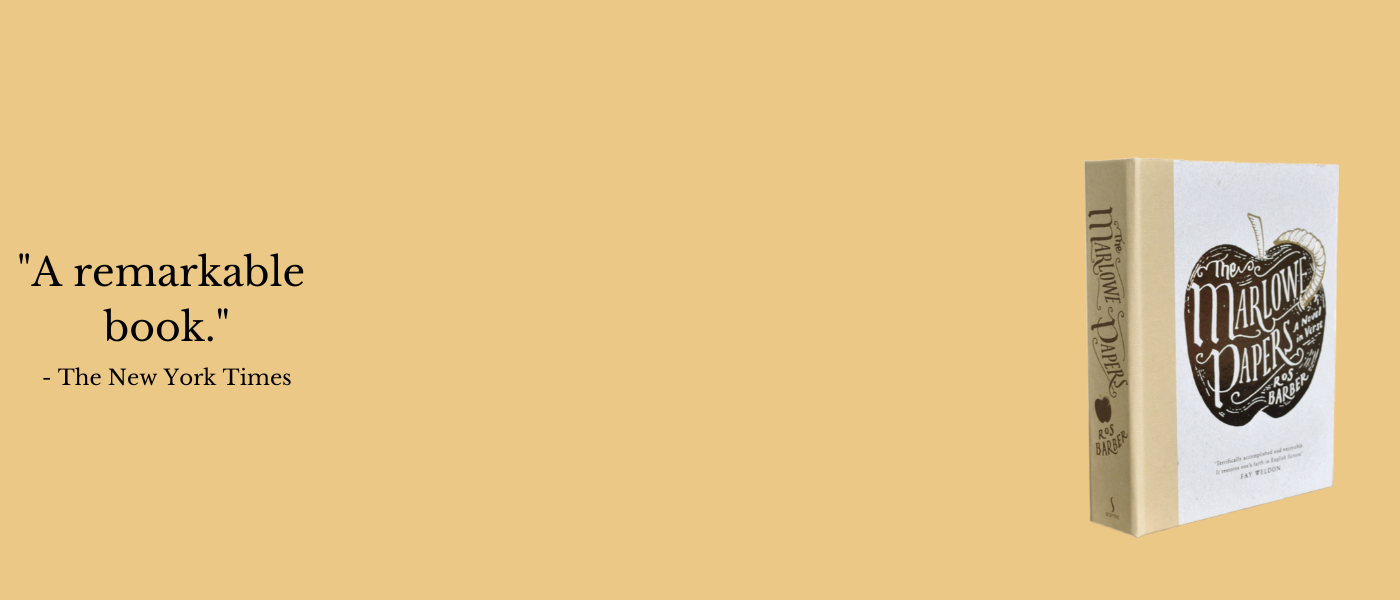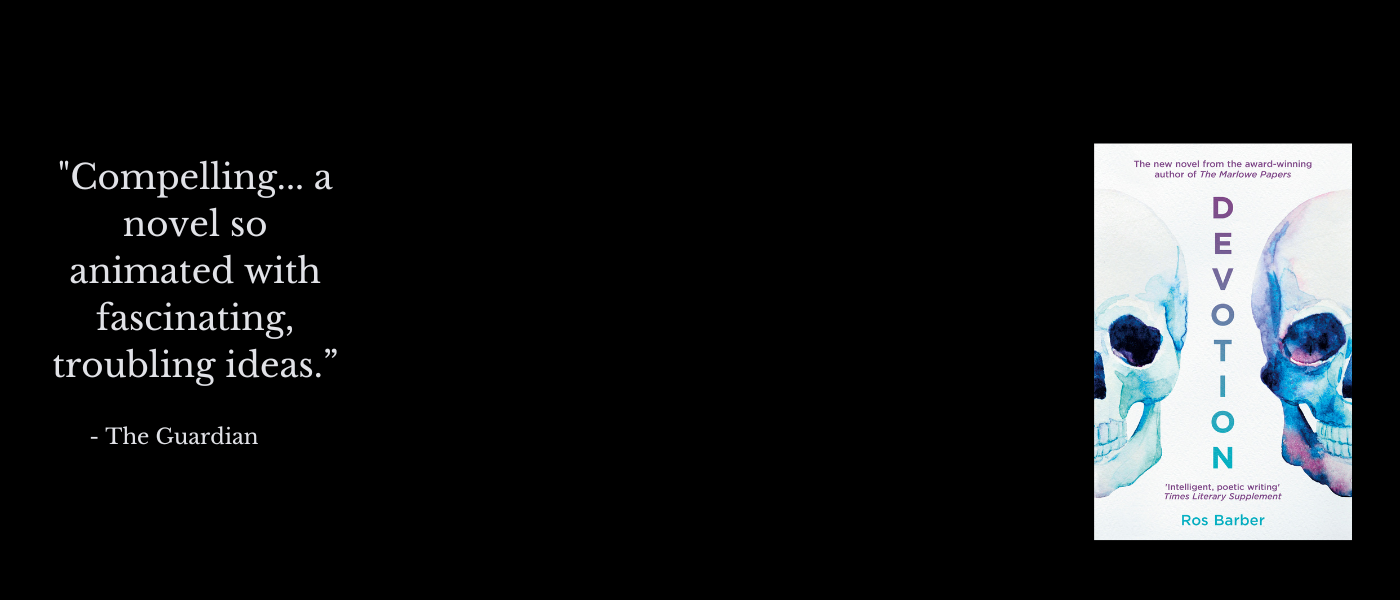 If the distinguished contributors to Shakespeare Beyond Doubt hope their book will place the traditional author of Shakespeare’s canon where the title claims and settle the Shakespeare authorship question for once and for all, they are likely to be disappointed. In the hands of twenty-one eminent Shakespeare scholars, the case for William Shakespeare of Stratford sounds plausible enough, and will reassure the already convinced as well as those who would like to be. But anyone versed in the primary material of the authorship question will emerge essentially unsatisfied. Although a well-written, accessible and interesting read, it is riddled with the common misunderstandings that characterise this ‘dialogue of the deaf’ and contains factual errors that suggest certain contributors haven’t done their homework. Nevertheless it is full of fascinating information for initiate and expert alike, and (with the exception of Paul Edmondson’s final chapter), reasonable in tone.
If the distinguished contributors to Shakespeare Beyond Doubt hope their book will place the traditional author of Shakespeare’s canon where the title claims and settle the Shakespeare authorship question for once and for all, they are likely to be disappointed. In the hands of twenty-one eminent Shakespeare scholars, the case for William Shakespeare of Stratford sounds plausible enough, and will reassure the already convinced as well as those who would like to be. But anyone versed in the primary material of the authorship question will emerge essentially unsatisfied. Although a well-written, accessible and interesting read, it is riddled with the common misunderstandings that characterise this ‘dialogue of the deaf’ and contains factual errors that suggest certain contributors haven’t done their homework. Nevertheless it is full of fascinating information for initiate and expert alike, and (with the exception of Paul Edmondson’s final chapter), reasonable in tone.
Though Shakespeare Beyond Doubt aims to ‘bring fresh perspectives to an intriguing cultural phenomenon’, it is in many ways a reprise of James Shapiro’s Contested Will, side-stepping recent scholarly work on the authorship question to focus extensively on examining the ‘pathology’ and psychology of Shakespeare sceptics – with one chapter probing the backgrounds of notable and academic signatories to the Declaration of Reasonable Doubt, and two chapters devoted to examining the biography of the founder of the authorship question, Delia Bacon. As with Shapiro’s book, there is an unacknowledged irony in arguing for a powerful relationship between a writer’s life experiences and the themes of their writing in the case of Delia Bacon – “even as Bacon is writing about Ralegh and his milieu, she is also effectively writing about herself and her own situation” – but arguing against such a connection for the author of the Shakespeare canon. The author we know as Shakespeare returned repeatedly to themes of slander, false accusation, exile, loss of name and reputation, and resurrection (thirty-three characters in eighteen Shakespeare plays are wrongly thought to be dead). That he used his imagination in the process is not in doubt (Barbara Everett’s chapter, ‘Shakespeare Tells Lies’, appears to say nothing more than ‘the author of these works was a writer of dramatic fiction’). But what is the logical basis for insisting on an autobiographical undercurrent in Delia Bacon’s non-fiction while denying it (as many orthodox scholars do) in Shakespeare’s sonnets?
Though the belated entry of orthodox academics into this 156-year-old controversy is a welcome development, there are two major problems with Shakespeare Beyond Doubt. One is a blatant attempt to win the debate through semantics. Throughout the book, the editors Stanley Wells and Paul Edmondson decree that those who don’t agree with them be described not with the well-established term ‘anti-Stratfordian’, but with the hackle-raising ‘anti-Shakespearean’. Their justification is that ‘to deny Shakespeare of Stratford’s connection to the work attributed to him is to deny the essence of, in part, what made that work possible … Shakespeare was formed by both Stratford-upon-Avon and London.’ Yet the contested connection between Shakespeare of Stratford and the work attributed to him is the authorship question. Were it supported by incontestable evidence (rather than such fragile evidential scraps as the disputed Hand D in Thomas More) there would be no need for their book. The term ‘anti-Shakespeareans’ is also fundamentally inaccurate: the person Ben Jonson referred to in the First Folio as ‘the AUTHOR William Shakespeare’ is esteemed as highly by those who question his identity as by those who don’t.
But the most significant failing of Shakespeare Beyond Doubt is that it attempts to support the orthodox position using evidence the sceptics do not contest – that there was an author widely known as ‘William Shakespeare’ – while failing to address recent scholarship. The most glaring omission is Diana Price’s 2001Shakespeare’s Unorthodox Biography, the first book on the authorship question to be published by an academic press. The authors cannot be unaware of the most notable advancement in Shakespeare authorship studies in the last fifteen years, and yet it is mentioned precisely nowhere. For the second academic book on the subject to pretend that the first doesn’t exist is disingenuous and unscholarly, and suggests orthodox scholars cannot answer Price’s arguments. Richard Paul Roe’s 2011 The Shakespeare Guide to Italy, the culmination of twenty years’ research which persuasively demonstrates Shakespeare’s first-hand knowledge of Milan, Verona, Mantua, Venice, Padua, Lombardy, Florence, Pisa, and Sicily is also notable by its absence, as is this author’s 2010 non-Stratfordian essay published in the peer-reviewed Routledge journal Rethinking History. Hardy Cook’s ‘Selected Reading List’ is more of a ‘Selective Reading List’, and sidelines recent and authoritative non-Stratfordian texts, highlighting early (19th Century) and poorly-written ones.
Throughout the volume, and despite significant developments in non-Stratfordian research in the last decade, only arguments advanced prior to 1960 are acknowledged. Paul Edmondson claims that those he perceives as his ‘antagonists’ ignore evidence, yet himself presides over a volume of essays that demolishes straw men while skilfully eliding the more challenging work of contemporary researchers. Weighing this approach against the accepted principles of academic argument, one must ask whether Shakespeare Beyond Doubt is genuinely a work of scholarship, or simply a skilful piece of propaganda.

